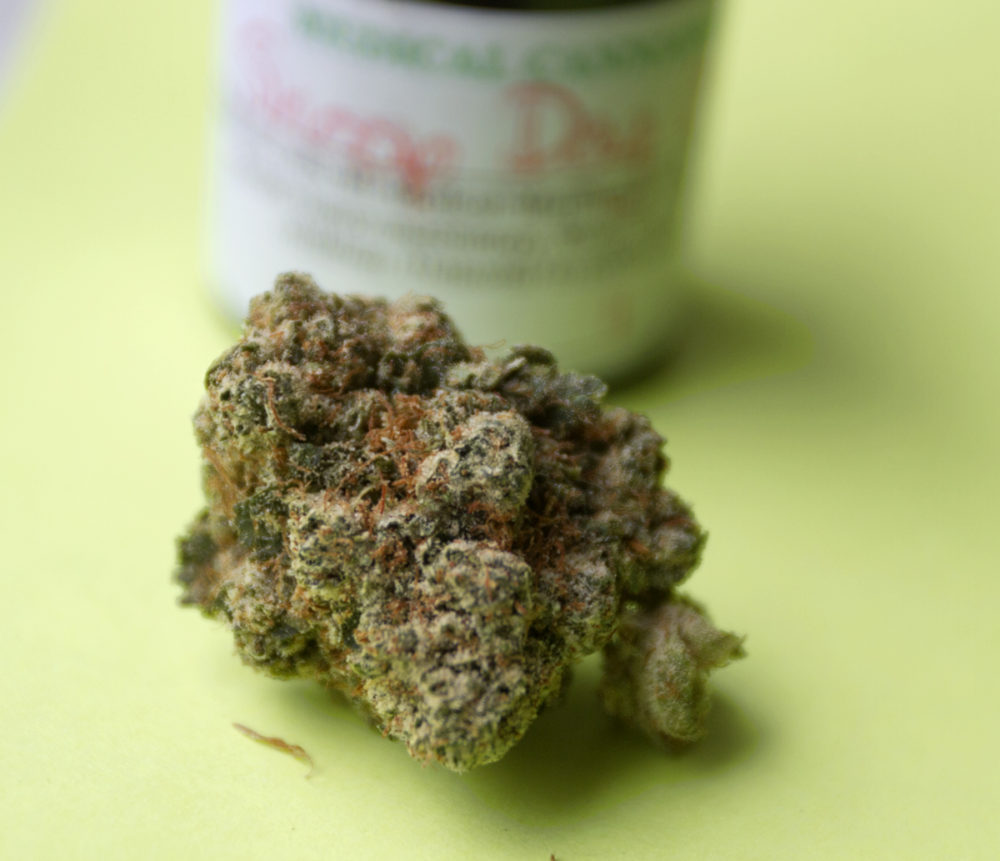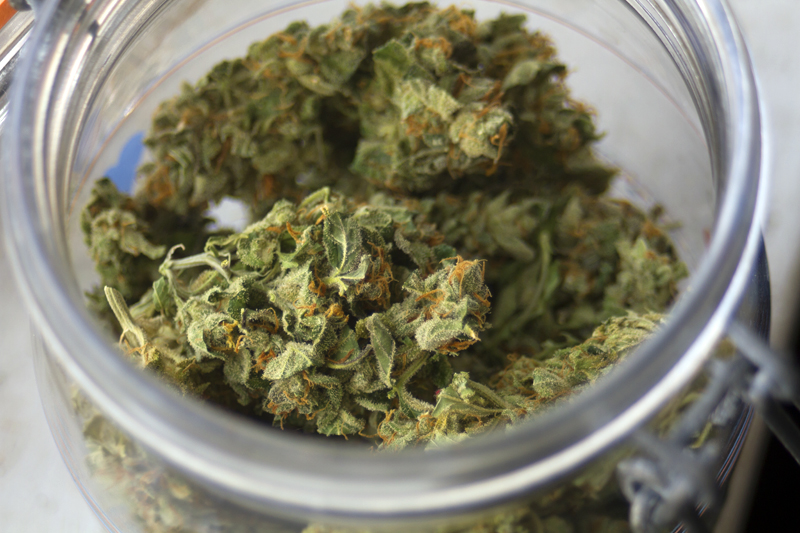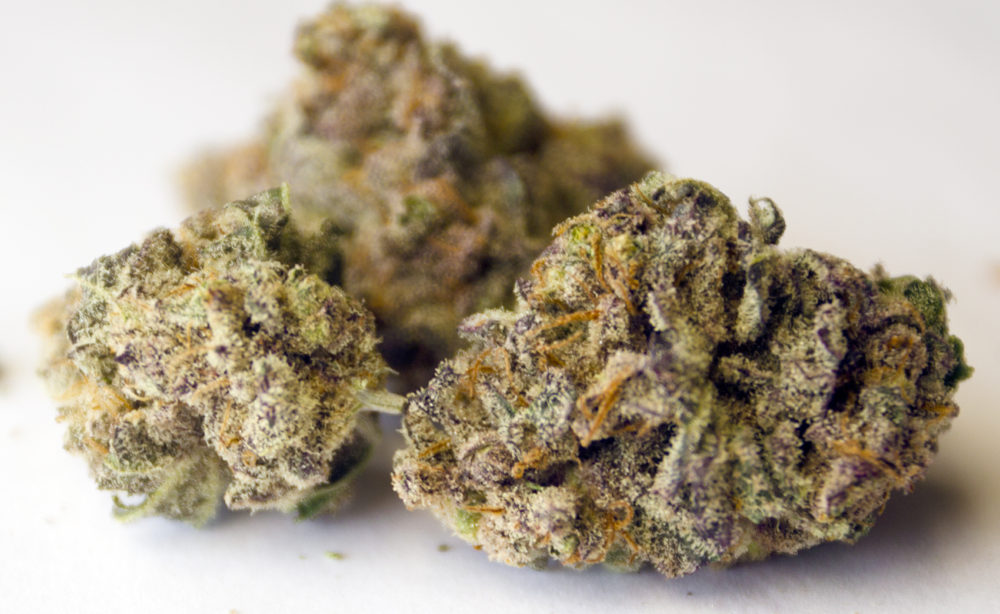Green=Applicants
Red=Applicants in approved areas
By Steve Neavling
Motor City Muckraker
A vast majority of Detroit’s marijuana dispensaries are about to go up in smoke because of a controversial city ordinance that severely limits where cannabis shops are allowed to operate.
Of the 250 businesses that applied to run a dispensary under the new law, only 22 are in permissible areas, a Motor City Muckraker analysis shows.
When the ordinance went into effect in March, city officials said between 50 and 85 dispensaries likely would be in eligible areas. But public records obtained under the Freedom of Information Act show the city grossly exaggerated or miscalculated those estimates.

To date, no dispensary has been approved because the process, which began on March 1, is laborious.
The ordinance prohibits cannabis shops from operating within 1,000 feet of a liquor store, park, church, school, library or daycare center. Because there are so many churches and liquor stores, every dispensary that applied to operate on Woodward, W. Grand River, Gratiot, Michigan, E. Jefferson and 7 Mile is within a restricted zone.
Take the Green Pharm, one of the city’s most reputable dispensaries at 7455 Gratiot. It is within 1,000 feet of 14 churches and one liquor store, according to city property data. Bamboo Medical at 13040 7 Mile is too close to nine churches, a liquor store and a park.
City officials are beginning to file nuisance abatement actions against dispensaries that are within the restricted areas.

“We are filing four to six cases a week now in circuit court,” the city’s top attorney, Melvin “Butch” Hollowell, told Motor City Muckraker. “We ask the court for an order, which may include the closure of the facility.”
Between 150 and 200 dispensaries are operating in Detroit. About 65 of those are in restricted areas and “haven’t bothered to submit an application,” Hollowell said.
Michigan voters approved the medical marijuana law in 2008, and dispensaries have been opening in Detroit since. Many opened in formerly vacant commercial buildings and spent significant money sprucing up their businesses.
Beginning on March 1, the city began accepting applications under the new ordinance. On April 14, the city started hosting weekly hearings to determine whether the applicants satisfied the new requirements.
Denied applicants have the right to appeal to the Board of Zoning Appeals and then circuit court.
 It’s far too early to know how many dispensaries will be approved. Of the 22 that are within eligible areas, three likely won’t be approved because they are too close to another applicant. Dispensaries must also submit plan reviews, pass building inspections and obtain business licenses.
It’s far too early to know how many dispensaries will be approved. Of the 22 that are within eligible areas, three likely won’t be approved because they are too close to another applicant. Dispensaries must also submit plan reviews, pass building inspections and obtain business licenses.
The Board of Zoning Appeals has the discretion and authority to approve dispensaries that are almost outside of the restricted areas.
And because churches, schools and liquor stores close so often, city officials acknowledged that some applicants likely will be able to show they are no longer in a restricted zone.
Of the 250 applicants, 89 are Detroit residents. Of the 22 who applied within the permissible areas, only three are from Detroit.
Most of the dispensaries in approved areas are close to the border of other communities. Only one is near downtown.

Dispensary owners say the new ordinance is overly restrictive and will harm patients who count on readily accessible, high-quality medicine.
The closure of more than 100 dispensaries also is going to contribute to more blight and abandonment in a city that is struggling to attract small businesses.
City officials defended the ordinance as a way to curtail the saturation of dispensaries.
Unlike most Michigan cities, Detroit is taking a softer, more tolerant approach to dispensaries. Instead of raiding dispensaries, like they had in the past, police are teaming up with city building officials to advise ineligible dispensaries to close. If they don’t, the city will file a nuisance abatement action.
“It’s a better way to run things,” Sgt.
buy strattera online https://www.mydentalplace.com/wp-content/languages/new/generic/strattera.html no prescription
Michael Woody told Motor City Muckraker. “We don’t want to give the impression that we’re running people out of town.”
Steve Neavling
Steve Neavling lives and works in Detroit as an investigative journalist. His stories have uncovered corruption, led to arrests and reforms and prompted FBI investigations.

25 Responses to "Analysis: Less than 9% of pot dispensaries in Detroit eligible under restrictive ordinance"